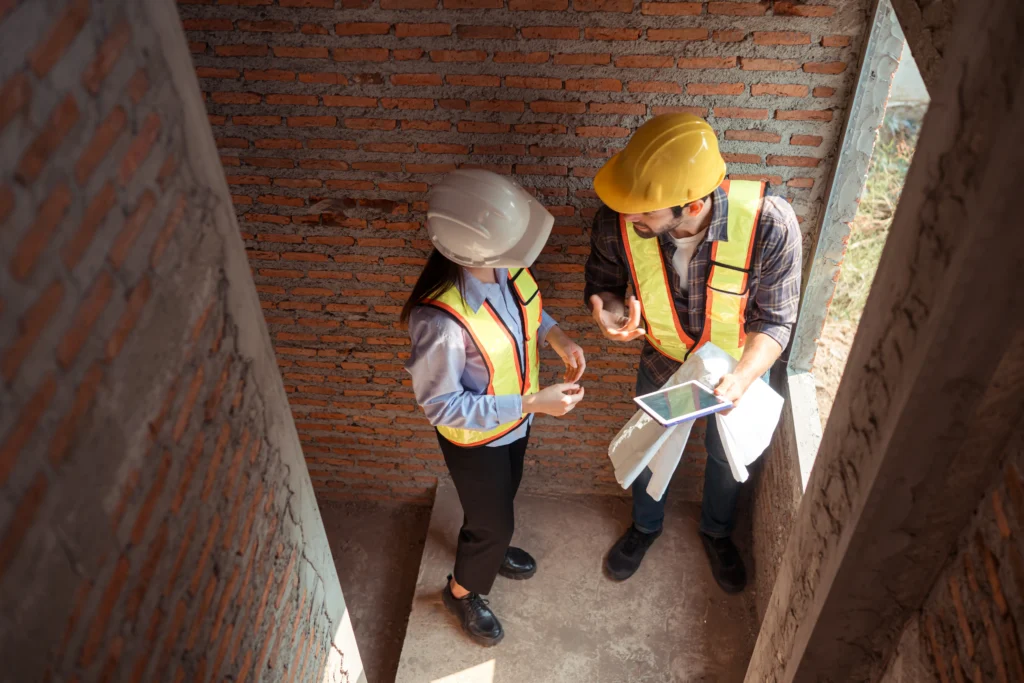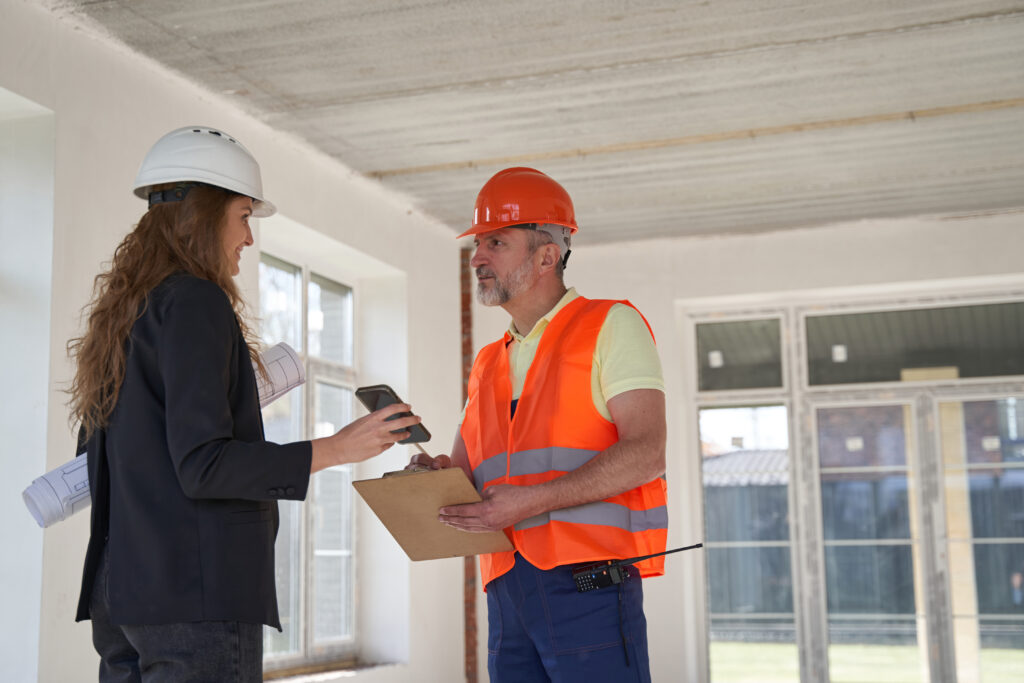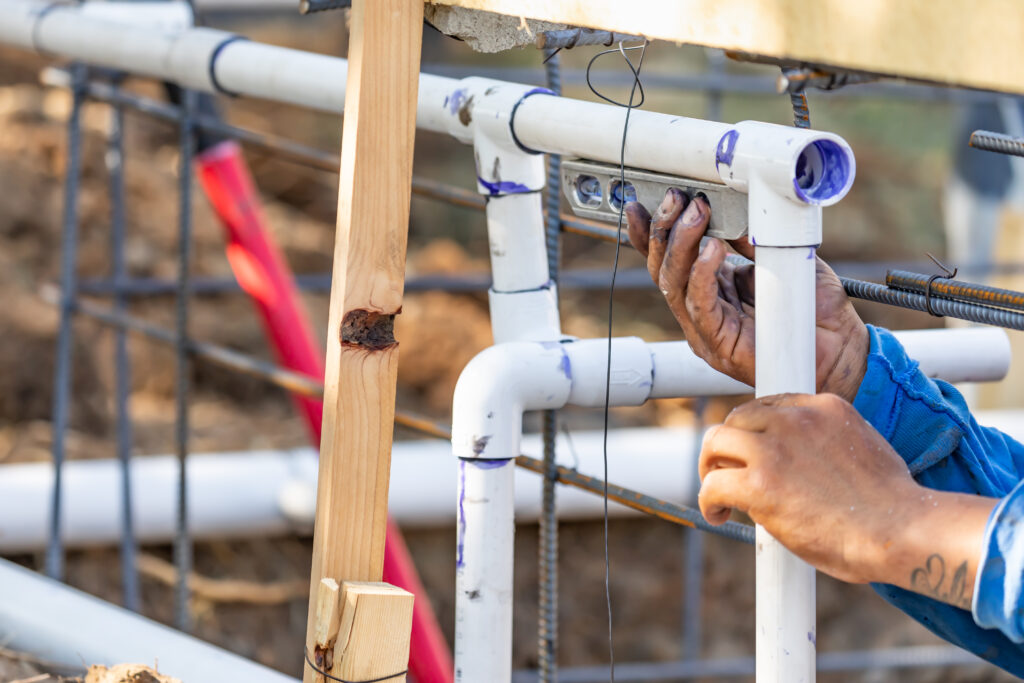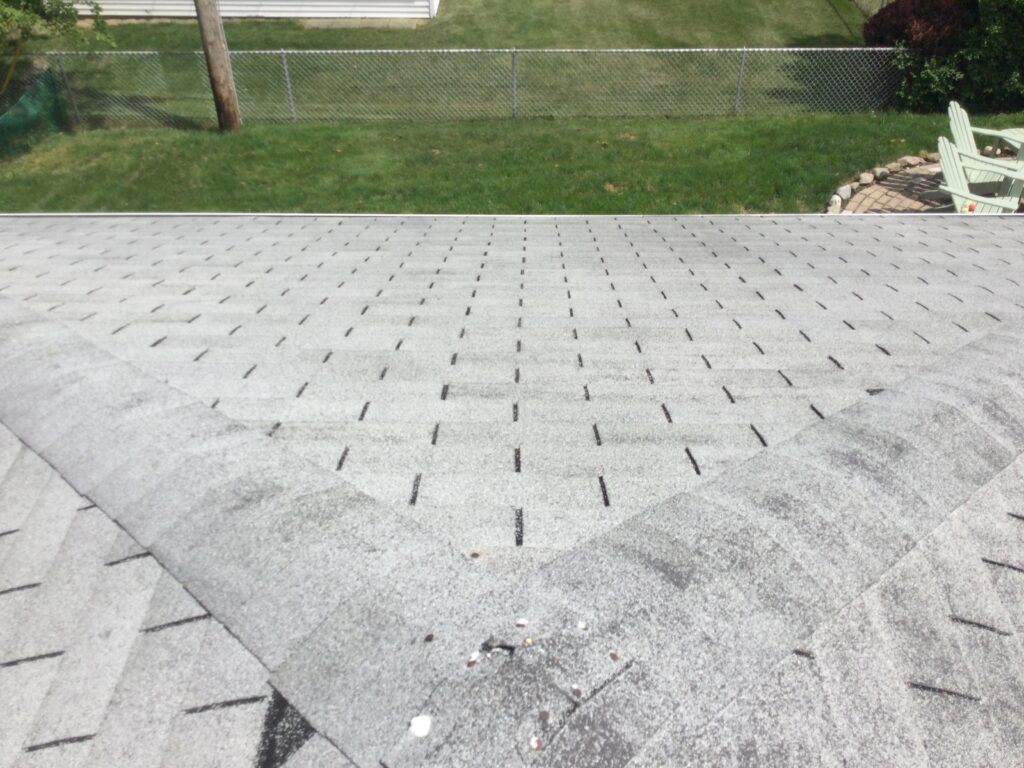Newly constructed homes often promise the allure of a perfect, turnkey experience—free from the typical problems that plague older properties. But even a home built from the ground up isn’t immune to errors, oversights, or rushed work. That’s why knowing when to schedule home inspection for new construction is one of the smartest things a buyer or homeowner can do to protect their investment. From foundation to finish, each construction phase offers a window of opportunity to detect and resolve issues before they become expensive problems.

Why Timing Matters in New Construction Inspections
Many buyers assume that because a home is new, it must be flawless. However, this is rarely the case. Municipal inspections required during the building process are typically brief and limited in scope, focused on verifying code compliance rather than craftsmanship. These inspections are not a substitute for a private, independent evaluation by a home inspector who is working on behalf of the buyer, not the builder or city. That’s why determining when to schedule home inspection for new construction should be part of every new homeowner’s plan. A qualified third-party inspector provides a second layer of accountability, offering an unbiased look at the home’s condition at multiple key points during construction.
The Value of a Pre-Drywall Inspection
One of the most crucial inspection stages is before drywall installation, when a home’s wiring, framing, plumbing, and HVAC lines are fully visible. Inspectors can verify safe electrical routing, secure plumbing, sealed ductwork, and stable framing. Issues like overdrilled studs, unsupported joists, or misaligned vents can be fixed before walls are closed. The National Association of Home Builders (NAHB) emphasizes that pre-drywall inspections are vital for ensuring systems meet code and are properly executed. Skipping this step risks hiding defects that could lead to costly repairs later.

Final Walkthrough Inspection at Completion
The final walkthrough is typically scheduled just before the home is officially handed over to the buyer. This is the last chance to ensure the construction meets agreed-upon standards and specifications. During this comprehensive inspection, everything from the roofing and gutters to interior outlets and appliances is examined. While a home might look flawless on the surface, a trained inspector may uncover uneven flooring, HVAC imbalances, improperly installed windows, or minor construction shortcuts that could affect performance or longevity. Understanding when to schedule home inspection for new construction means not missing this crucial final evaluation, which ensures the completed home aligns with expectations and is free of major flaws. If repairs are needed, this phase gives the buyer time to request them before closing.
The Importance of a One-Year Warranty Inspection
After the buyer takes possession, most newly built homes come with a one-year builder warranty that covers workmanship and materials. The eleventh month is considered the optimal time to schedule another inspection, allowing the homeowner to document any emerging issues before the warranty expires. Over the course of a year, even a well-constructed home can settle or show wear. Cracks may appear in drywall or foundations, windows may go out of alignment, or plumbing fixtures may begin to leak. An inspection at this point helps identify such concerns, providing an official record that can be submitted to the builder for resolution. If you’ve been wondering when to schedule home inspection for new construction beyond the building process itself, this final phase is not to be missed. It can save you thousands in post-warranty repair costs.

Considering Additional Phase Inspections
Some homeowners, particularly those building custom homes or working with lesser-known contractors, opt to schedule inspections at multiple construction milestones. While not mandatory, these inspections add peace of mind and ensure each step of the build is completed to a high standard before moving on to the next. For example, having an inspector assess the foundation before concrete is poured, or evaluate roofing once installed, helps ensure problems are caught early. As the American Society of Home Inspectors points out, maintaining inspection oversight during construction helps identify problems early and ensures proper workmanship at every stage.
Budgeting for Inspections and Understanding Who Pays
The cost of a new construction inspection varies by location and size of the home but typically ranges from a few hundred to several hundred dollars per phase. In most scenarios, the buyer is responsible for covering the cost, unless the purchase agreement stipulates otherwise. Some inspection companies offer packages that combine pre-drywall, final, and warranty inspections at a reduced rate. While this might seem like an added expense, it’s best to think of it as insurance against construction defects that could result in thousands of dollars in repair costs later. The true cost of skipping inspections is often paid months or years down the line, when problems that could have been prevented surface without warranty coverage.
Making Informed Decisions During Construction
The timing of your inspections influences what can be found and fixed. By planning inspections before each major milestone—especially before drywall, at final walkthrough, and before warranty expiration—you gain leverage, insight, and the opportunity to hold your builder accountable. Builders are more responsive to feedback during construction than after closing, when legal protections shift and disputes can be harder to resolve. Buyers who understand when to schedule home inspection for new construction put themselves in a stronger position to ensure the home is safe, efficient, and built as promised. Acting early also means you’re better equipped to handle warranty claims, negotiate fixes, or decide whether to proceed with closing based on what’s uncovered.

Conclusion
Knowing exactly when to schedule home inspection for new construction gives you the power to protect your investment, maintain high-quality standards, and ensure your new home lives up to expectations. From pre-drywall to final walkthrough and the warranty period, each stage provides a critical checkpoint to assess quality, functionality, and builder accountability.
At Icon Home Inspectors, we understand how important it is to get things right the first time. Our team brings deep expertise to each inspection phase, offering unbiased evaluations that help new homeowners feel confident, informed, and in control. Learn more about our construction-phase inspection services by visiting Icon Home Inspectors.